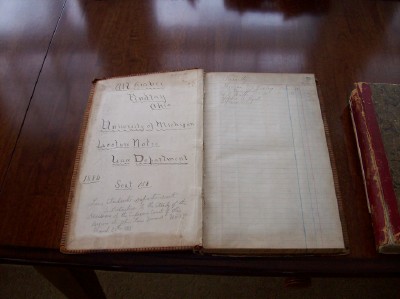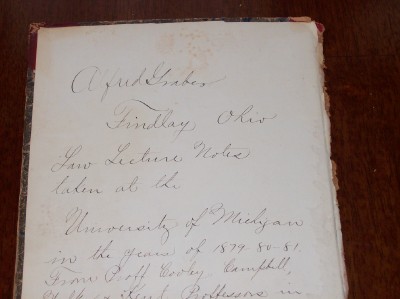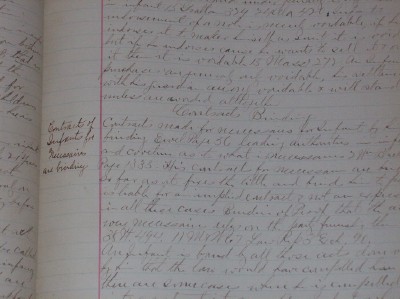I have been blessed beyond measure already this morning.
I got up early because I couldn't sleep. I tossed and turned and lay in bed, praying and thinking. Something is weighing on my heart and mind so I got up, got dressed and began this first day of Lent.
I made a quick, quiet cup of tea and sat down here at the computer to post up Spurgeon's devotional and check my email. My plan was to get it all out of the way and then shut down the computer.
The first thing I did was check email. I subscribe to a Daily Bible Reading Plan and I always start my day with a chapter from the Bible. This morning's chapter is Ephesians 1, one of my all time favorite passages.
1 Paul, an apostle of Jesus Christ by the will of God,
To the saints who are in Ephesus, and faithful in Christ Jesus:
2 Grace to you and peace from God our Father and the Lord Jesus Christ.
3 Blessed be the God and Father of our Lord Jesus Christ, who has blessed us with every spiritual blessing in the heavenly places in Christ, 4 just as He chose us in Him before the foundation of the world, that we should be holy and without blame before Him in love, 5 having predestined us to adoption as sons by Jesus Christ to Himself, according to the good pleasure of His will, 6 to the praise of the glory of His grace, by which He made us accepted in the Beloved.
7 In Him we have redemption through His blood, the forgiveness of sins, according to the riches of His grace 8 which He made to abound toward us in all wisdom and prudence, 9 having made known to us the mystery of His will, according to His good pleasure which He purposed in Himself, 10 that in the dispensation of the fullness of the times He might gather together in one all things in Christ, both which are in heaven and which are on earth—in Him. 11 In Him also we have obtained an inheritance, being predestined according to the purpose of Him who works all things according to the counsel of His will, 12 that we who first trusted in Christ should be to the praise of His glory.
13 In Him you also trusted, after you heard the word of truth, the gospel of your salvation; in whom also, having believed, you were sealed with the Holy Spirit of promise, 14 who is the guarantee of our inheritance until the redemption of the purchased possession, to the praise of His glory.
I can't think of a more perfect start to Lent than to meditate upon these verses in Ephesians. To begin at the beginning; with God's eternal plan to bless us with spiritual blessings in the heavenlies in Christ.
These verses ring with the eternal purpose of God: to accomplish the good pleasure of His Will, to the praise of His glory:
according to the good pleasure of His will
to the praise of the glory of His grace
according to the riches of His grace
according to His good pleasure which He purposed in Himself
according to the purpose of Him who works all things according to the counsel of His will
to the praise of His glory
God's purposes start with Himself. I must start where He starts.
And what is it that brings Him pleasure and glory? He purposed in Himself, 10 that in the dispensation of the fullness of the times He might gather together in one all things in Christ, both which are in heaven and which are on earth—in Him.
To begin a time of reflection on the sufferings of Christ in His atoning work with the reminder that God was at work in it with purpose from eternity, that it brings Him glory, that He is ultimately gathering all things together in one in Christ--what could be better?
But Paul goes on; he prays for us:
15 Therefore I also, after I heard of your faith in the Lord Jesus and your love for all the saints, 16 do not cease to give thanks for you, making mention of you in my prayers: 17 that the God of our Lord Jesus Christ, the Father of glory, may give to you the spirit of wisdom and revelation in the knowledge of Him, 18 the eyes of your understanding being enlightened; that you may know what is the hope of His calling, what are the riches of the glory of His inheritance in the saints, 19 and what is the exceeding greatness of His power toward us who believe, according to the working of His mighty power 20 which He worked in Christ when He raised Him from the dead and seated Him at His right hand in the heavenly places, 21 far above all principality and power and might and dominion, and every name that is named, not only in this age but also in that which is to come.
22 And He put all things under His feet, and gave Him to be head over all things to the church, 23 which is His body, the fullness of Him who fills all in all.
Truly, as the verse on which Spurgeon based today's devotional says, He will bless them that fear the Lord, both small and great.
Truly, He has blessed us with every spiritual blessing in the heavenly places in Christ.
 Saturday, February 24, 2007 at 06:57AM
Saturday, February 24, 2007 at 06:57AM 






